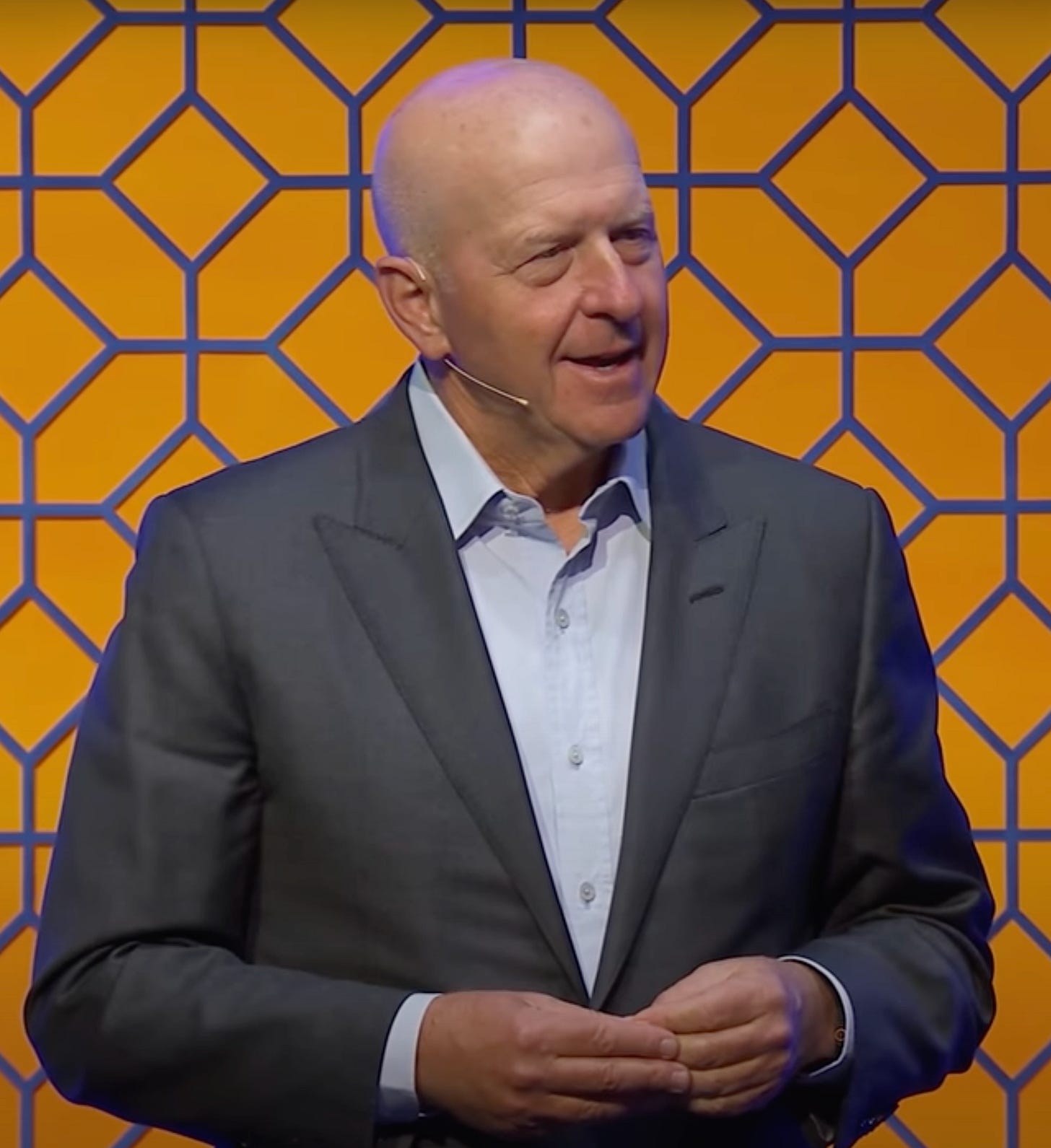Goldman Sachs: A Legacy of Excellence or Obsolescence?
The Risks of Clinging to Tradition in a Rapidly Evolving Financial Landscape
Goldman Sachs, a financial institution with a storied history spanning 156 years, has long been recognized for its robust and enduring culture. David Solomon, the CEO, recently shared insights into the firm's performance culture at the 2025 Investment Conference hosted by Norges Bank Investment Management. Solomon's reflections provide a window into the principles and practices that have sustained Goldman Sachs through decades of economic shifts and challenges.
One of the cornerstones of Goldman Sachs' culture is its unique partnership structure. Despite being a public company, Goldman Sachs retains a partnership model, electing new partners every two years. This structure fosters a collaborative environment where leaders are encouraged to subjugate their personal interests for the greater good of the firm. The rigorous selection process for partners, involving extensive interviews and evaluations, underscores the firm's commitment to maintaining high standards of leadership and integrity.
Solomon highlighted the importance of continuous investment in culture, particularly in the wake of the pandemic. Recognizing that the firm's culture had lost momentum during this period, Goldman Sachs launched the Cultural Stewards Program. This initiative involved off-site meetings and personal engagements with the CEO, aimed at reinvigorating the firm's values and practices. Solomon personally committed to having dinner with each cohort of partners, engaging in deep, meaningful conversations about the firm's culture and their roles in sustaining it. These interactions were not merely about Solomon imparting his vision; they were an opportunity for partners to communicate their perspectives directly to the CEO. This two-way dialogue was crucial in identifying the actions needed to strengthen the firm's culture. The program's success was evident as partners returned to their roles with renewed energy and commitment, spreading the cultural ethos throughout the organization. The reinvigoration of the firm's culture was largely attributed to these personal engagements, which fostered a sense of ownership and responsibility among the partners. Solomon's willingness to listen and incorporate feedback from these discussions played a pivotal role in the firm's renewed focus on its core values and practices.


